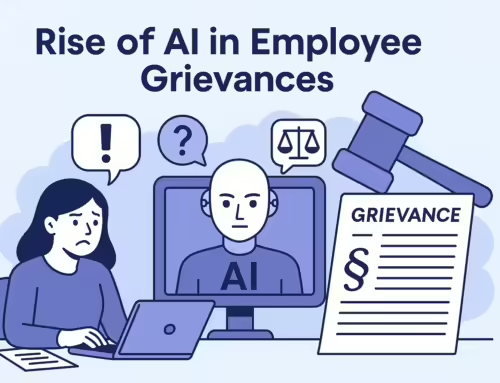Lets clear this up, when is a contract not a contract……when its a written statement of terms and conditions of employment.
So what is a contract, bin the jargon and the fluff, simply put it’s an agreement, it can be made in writing or verbally, but it basically says “I the employer will give you this work, if you do this work, I will give you this amount of cash”.
What we put in writing is the terms of this agreement such as when you get paid, hours of work and things like that – this is what we commonly refer to as the contract, but in legal terms its referred to as the written statement of terms and conditions.
Under UK law it is very clear as what must be covered in any standard contract of employment – written statement.
A written statement can be made up of more than one document (if the employer gives employees different sections of their statement at different times). If this does happen, one of the documents (called the ‘principal statement’) must include as a minimum:
- The business’s name
- The employee’s name, job title or a description of work and start date
- If a previous job counts towards a period of continuous employment, the date the period started
- How much and how often an employee will get paid
- Hours of work (and if employees will have to work Sundays, nights or overtime
- Holiday entitlement (and if that includes public holidays)
- Where an employee will be working and whether they might have to relocate
- If an employee works in different places, where these will be and what the employer’s address is
As well as the principal statement, a written statement must also contain information about:
- How long a temporary job is expected to last
- The end date of a fixed-term contract
- Notice periods
- Collective agreements
- Pensions
- Who to go to with a grievance
- How to complain about how a grievance is handled
- How to complain about a disciplinary or dismissal decision
These terms are common place and should be familiar to most people and included as a minimum in any contract.
The following do not need to be included, and with good reason.
- Details of Statutory Sick Pay
- Disciplinary and dismissal procedures
- Grievance Procedures
Remember anything you write in a contract must be abided to by both parties. For example, in your contract you give lost of details of your disciplinary procedure. But, in one case you do not follow the process….this could then lead to the employee claiming breach of contract as you did not follow the agreed process.




